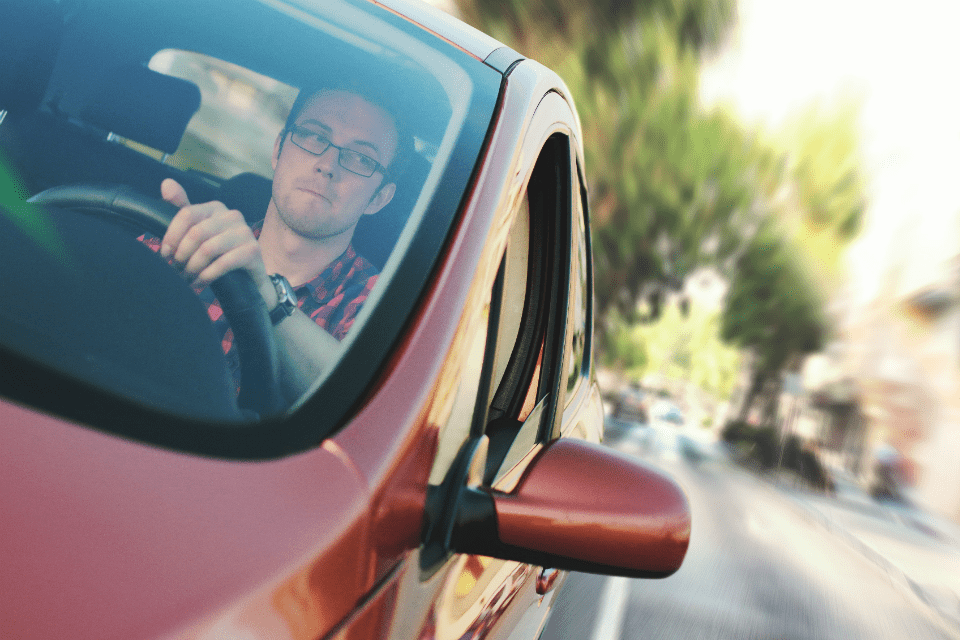
Can a social media post result in criminal charges?
If you’ve spent any time on social media, it’s likely that you read abusive and oftentimes offensive statements posted or left as comments. Most people are under the assumption the things said online are without repercussions. However, that may not be the case.
Perhaps you remember hearing about Justin Olsen, an 18-year-old Ohio man who was arrested last year on federal charges after investigators claimed that he made multiple entries online posting his support of mass shootings, and cited a target of Planned Parenthood.
Regardless of Olsen telling the FBI that his posts were “only a joke”, he was booked on state charges of telecommunications harassment and aggravated menacing, and the federal charge of threatening a federal law enforcement officer.
Although Olsen’s charges are considered to be severe for online behavior, a malicious or threatening post may qualify as defamation. Defamation is the publication of a statement about someone that hurts their reputation in the eyes of members of society.
Online actions can have severe consequences.
You may remember a case where social media played a major part in a case against two football players who were eventually found guilty of raping an intoxicated 16-year-old girl.
The victim says she doesn’t remember much of what happened the night when Trent Mays, 17, and Ma’lik Richmond, 16, assaulted her at a friend’s party, and that she only became aware of it after a video surfaced on social media. A key piece of evidence was an Instagram photo of the boys carrying the girl out of the house by her arms and legs.
That being said, photos and videos, whether posted publicly or obtained by police, have to meet certain criteria:
- They must be authenticated, meaning the prosecutors have to prove the images are what they seem and have not been altered or staged;
- they can not be shown out of context
Additional charges were later brought against two teenage girls in the same case after police were shown twitter posts threatening the physical harm to the victim if she didn’t drop the charges.
Can I be arrested for posting a video?
Richard Godbehere uploaded a 5-minute video of himself driving, cracking open a beer, then proceeding to take a drink. He then stated “We all know drinking and driving is against the law. You’re not supposed to do that. But they didn’t say anything about driving and then drinking.”
A joke, maybe. Against the law, definitely. He was surprised when the police showed up at his house prepared to arrest him on charges of consuming alcohol while operating a vehicle.
He stated the video was meant as a parody and claimed there wasn’t actually beer in the bottle, to which Police Chief Darryl Perry stated: “Our traffic laws are in place for a reason, and Mr. Godbehere’s blatant disregard for those laws is the type of behavior that won’t be tolerated.”
The moral of the story, be careful what you say online. It can, and will be used against you in a court of law.
If you or someone you love is in need of an experienced and aggressive criminal defense lawyer, call Nathan Akamine.


